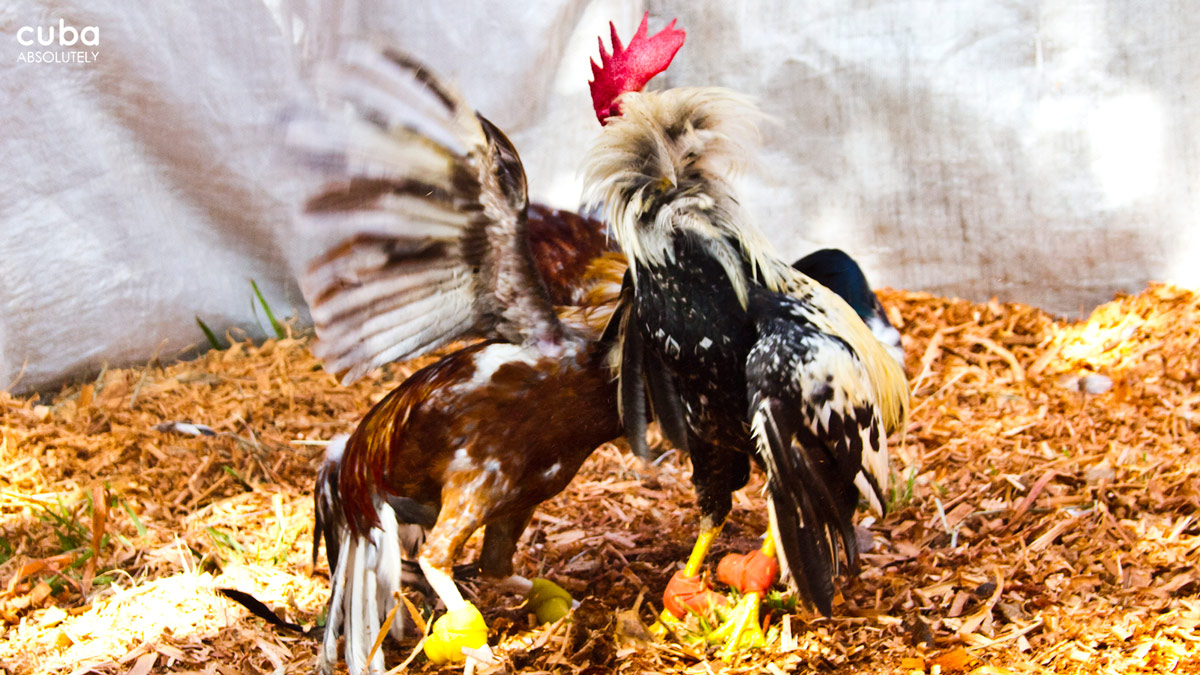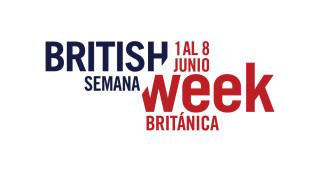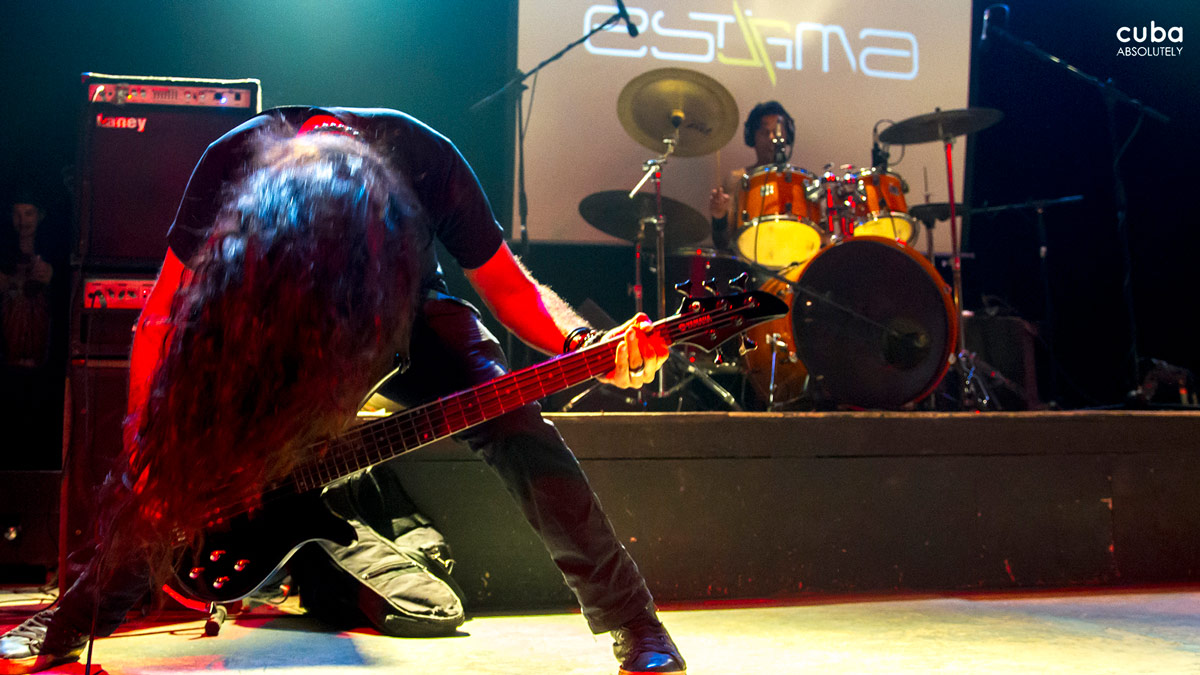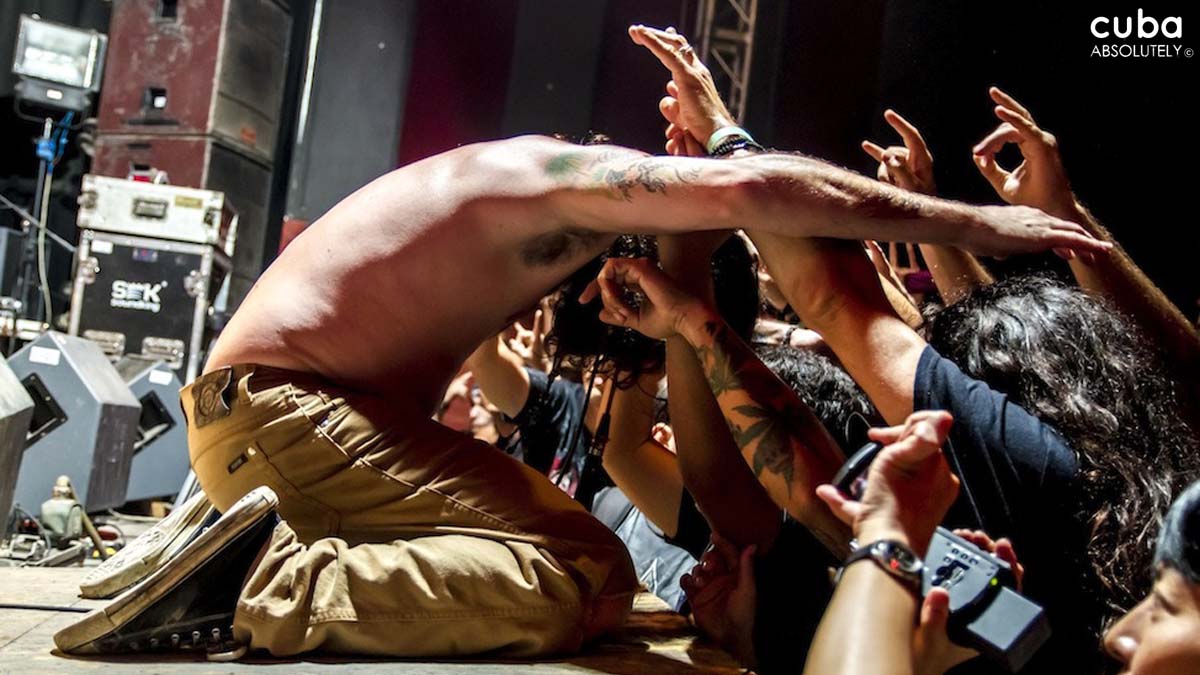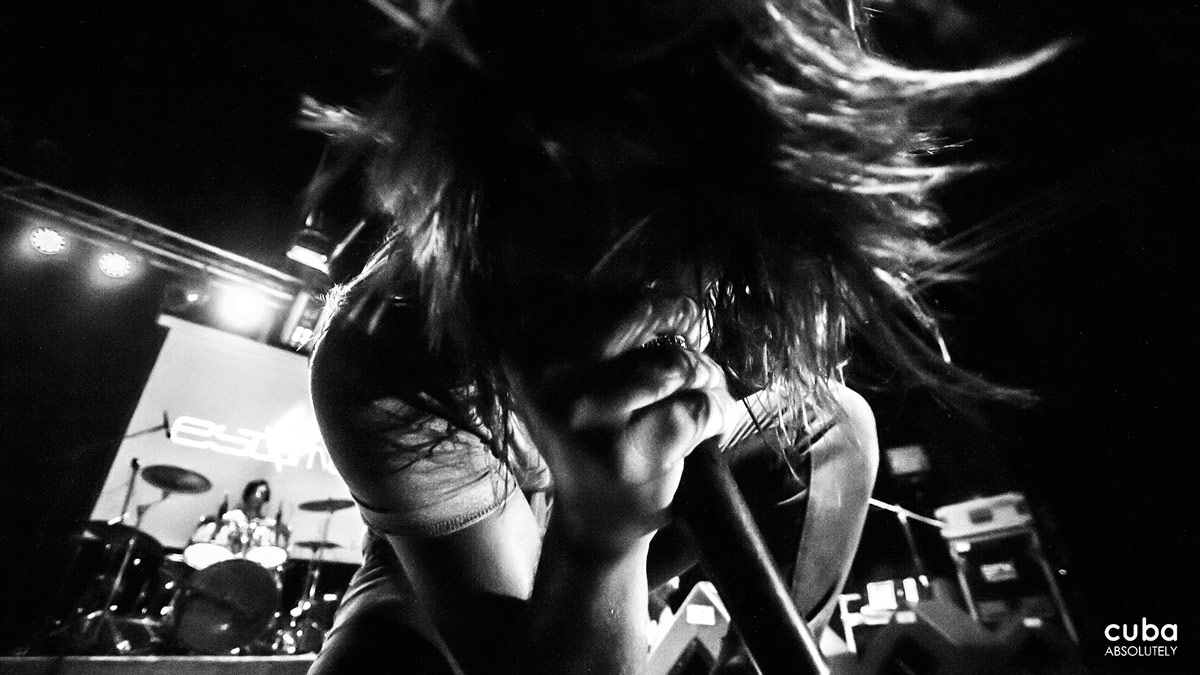Cine Pobre is authentic, charming and off-the-beaten track even in Cuba. Traditionally held in Gibrara, a small fishing village which sleeps the rest of the year away, for a week in April, this becomes a hotbed of alternative, low-budget filmmakers who, high on adrenalin and dreams, showcase their work here. If you have any possibility and wish to be part of something at once hip and retro, make the trip!
Gibara is a town so obscure even many Cubans struggle to find it on a map, yet every year since 2003, this picturesque town has hosted one of the most authentic and charming events on the independent / alternative film circuit
There were no Hollywood stars or attendant paparazzi. Hype, glamorous red carpet photo shoots and posh after-parties were also nowhere to be seen at the 5th International Cine Pobre Festival, in the eastern Cuban town of Gibara this past April. But don’t take Cine ‘Pobre’ too literally: while even many Cubans may struggle to find this picturesque fishing village on a map, the International Low-Budget Film Festival has managed to carve out a niche for itself as one of the most interesting and authentic events on the independent/alternative film circuit.
This year’s catalogue contained both quality and diversity; filmmakers from every continent were represented, from countries with a long-established cinematic tradition—Germany, France, India, United States, Burkino Faso—and others with an emerging industry—Chad, Ecuador, Lebanon, Macedonia, Mauritania. The themes covered were similarly eclectic, including serious, historical, funny and heartwarming looks at love, migration, communication, alienation and engagement.
The cinema festival itself is a young one, not only because of the age of many of the participating filmmakers, but for the general spirit. It’s a cliché to refer back to the 1960’s but the irreverence, enthusiasm and desire for something new felt during the week would be recognizable to any ageing hippy. Festival director, Sergio Benvenuto, points out that the event provides an outlet for films which are not handicapped by the conservatism of big studios, nor restricted by the need to secure instant commercial success. This promotes the expression of artistic purpose which doesn’t originate with how best to market, sponsor and product link films.
The choice of Gibara as the principal venue has certainly made the organisers job that much harder. The town is a hefty 800-kilometre trek from Havana and an hour’s drive along poor roads from both Holguín (which boasts an international airport) and the pristine beaches of Guardalavaca (home to many all-inclusive resorts). Moreover, Gibara, has no hotel and a limited number of private rooms (which are booked up early for Cine Pobre week).
Yet in many ways, it is this remoteness, this sense of somewhere that is ‘virgin’ territory, that gives this event its intimate, authentic and unique charm. The town itself was declared a National Monument in 2004 and is near where Christopher Columbus first set foot on Cuban soil. Despite the remoteness, relocating the Festival seems unlikely according to Benvenuto, who points to the very close relationship between the festival and the people of Gibara.. Perfect hosts, it is the fiercely proud Gibararians who provide much of the laid back and friendly ambience that draws visitors, filmmakers, actors, musicians, photographers, critics and artists.
Limited in the number of films which may be shown, the selection committee spends much of the year deciding on (and sometimes the next year’s selection. Juries selecting the winning films in each category (Fiction & Documentaries) are well- known and respected artists, critics and film directors. While there is a top prize of Euro 15,000 (largely intended to assist in the transition to 35mm), entrants are clearly not here for the money. Moreover, Cine Pobre is not meant as a simple feeder pond in the rush to DVD market, but as an alternative venue which may help develop supplementary distribution channels for low-budget films, which would secure an audience for some of the outstanding films showcased at Gibara.
Among 2007’s prize-winning works, several are worth mentioning: Noticias Lejanas de México—Best Feature-Length Film, by Director Ricardo Benet—tells the tragic story of a young man, born in a hamlet in the Mexican plateau, who hopes to escape his fate by traveling to the city. Upon his return, he kills his father while trying to save his mother and brother, and heads for the border with the promise of coming back for them; Voyage en Sol Majeur—Best Documentary, from France, directed by Georgi Lazarevki—is the moving story of Aimé, a 91-year old man who travels to Morocco with his grandson and there rediscovers life and the world; and Personal Belongings—Best Rough Cut, which netted the Festival’s top prize for the tape-to-film process, by Cuban Alejandro Brugués—which was chosen, according to the jury, by virtue of ‘the quality of the story, the excellent photography and, in general, the skilful filmmaking’ when tackling the story of the impossible love between a young man who is determined to leave the country and a young woman, the daughter of rafters, who has chosen to stay. Telesur, the Latin American TV broadcast company, contributed an international distribution prize won by 2001: Una Odisea Brasileña—scripted, photographed, edited and directed by Mariana Vitarelli Alessi from Brazil—‘a sensitive and comprehensive testimony of the reality of life in Brazil today, a film that is committed to the future and is deeply revealing, an excellent variation on cinema verité aimed at capturing less known faces of Brazil today.’
During the course of the week, there were also a number of concerts (including by the exceptional singer-songwriter Carlos Varela), an exhibition of backdrops by various Cuban artists (including Alicia Leal and Agustín Bejarano) and a painting exhibition by Humberto Solás.
While the 2007 festival was a blockbuster, organizers are already talking excitedly about the 6th edition, to be inaugurated on April 14, 2008, when guests and locals will again be part of an event where, in the words of the director, ‘creativity is substituted for complaint, exercise of talent for inertia, and collaboration for competition’.
Utopian maybe, fascinating definitely. Gibara 16-22 April, 2007.
For more information see:
www.festivalcinepobre.org
www.cubacine.cu/cinepobre
Victoria Alcalá writes about Cuban culture. She has won several prestigious writing awards.
PHOTOS: Images by Y. Monte © All rights reserved.



